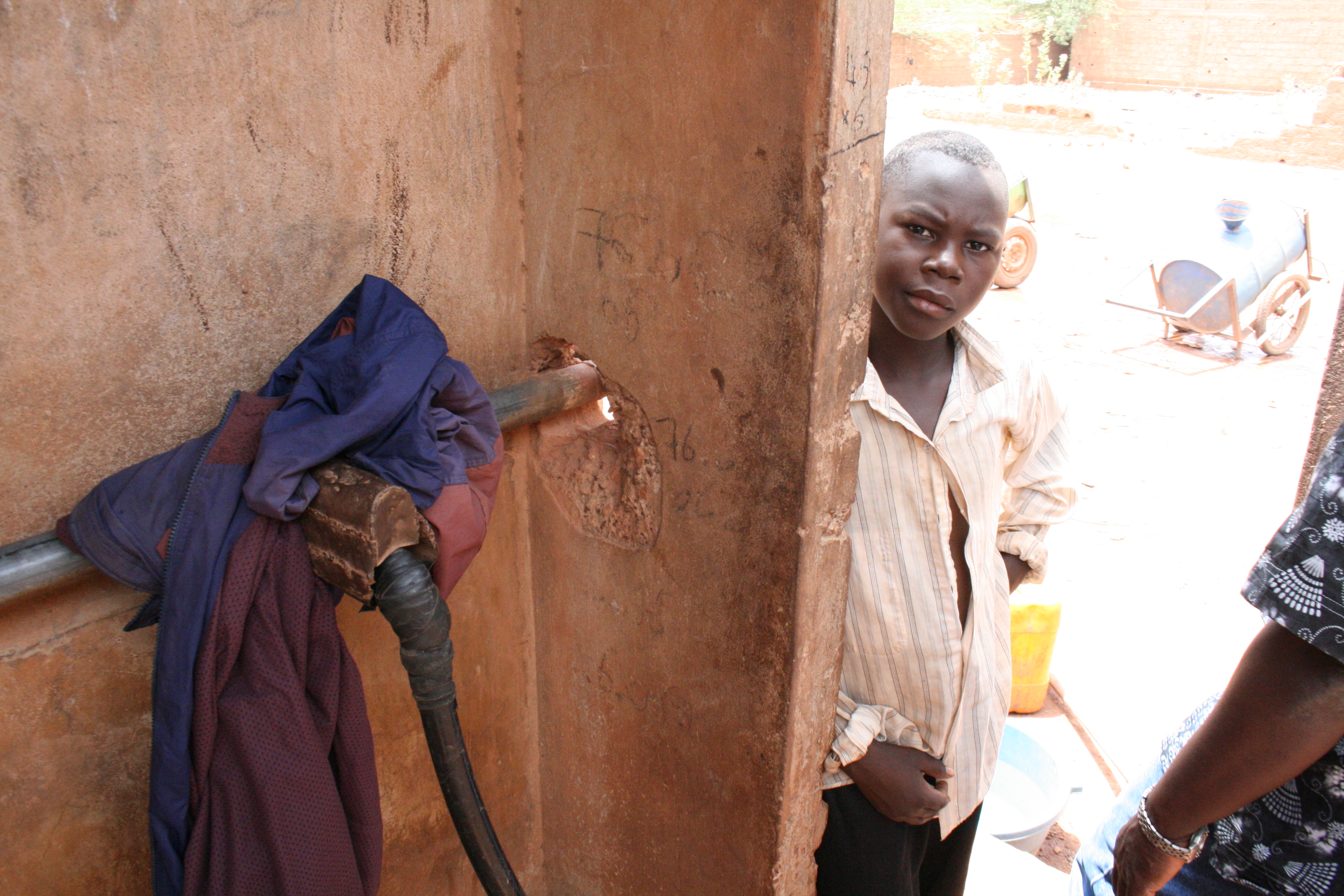The Burkina Faso government will distribute millions of free books to primary school students and launch a pilot project to give no-fee schooling in a push to curb the number of people in the country growing up without even basic education.
“This is the end of the time when reading and maths textbooks are seen as luxury items for parents,” pledged Odile Bonkoungou, minister of basic education and literacy, on 27 August, launching the free books project.
Some 10.5 million books for primary school children in reading and maths classes have already been ordered, according to Bonkoungou. Of those, 3.5 million will be distributed this academic year.
The programme will cost the government 1.5 billion CFA francs (US$3.1 million) in 2007, and 1.2 billion CFA francs (US$2.4 million) every subsequent year.
Burkina Faso’s education ministry is also experimenting with no-fee schooling in 45 departments around the country this academic year. The initiative will be extended to the rest of the country in 2011. The project is in line with a push from the World Bank and the UN to encourage free education in developing countries worldwide.
“Education is the most important factor to eradicate poverty and studies have shown that a farmer that has not been to school has a 90 percent chance of reproducing a child like himself,” Prime Minister Tertius Zongo said in an interview with state media.
In 2001, the Burkina Faso government launched a 235 billion-CFA francs plan for the development of basic education (PDDEB), meant to raise the national primary education rate to 70 percent by 2010.
So far the primary education rate is 41 percent for girls and 53.8 percent for boys, and overall literacy is at 32 percent, according to government figures. The country is not expected to meet the UN Millennium Development Goal on education.
In some parts of the remote northern Sahel region, and in the east of the country, less than 20 percent of girls go to school.
bo/nr/np
This article was produced by IRIN News while it was part of the United Nations Office for the Coordination of Humanitarian Affairs. Please send queries on copyright or liability to the UN. For more information: https://shop.un.org/rights-permissions





